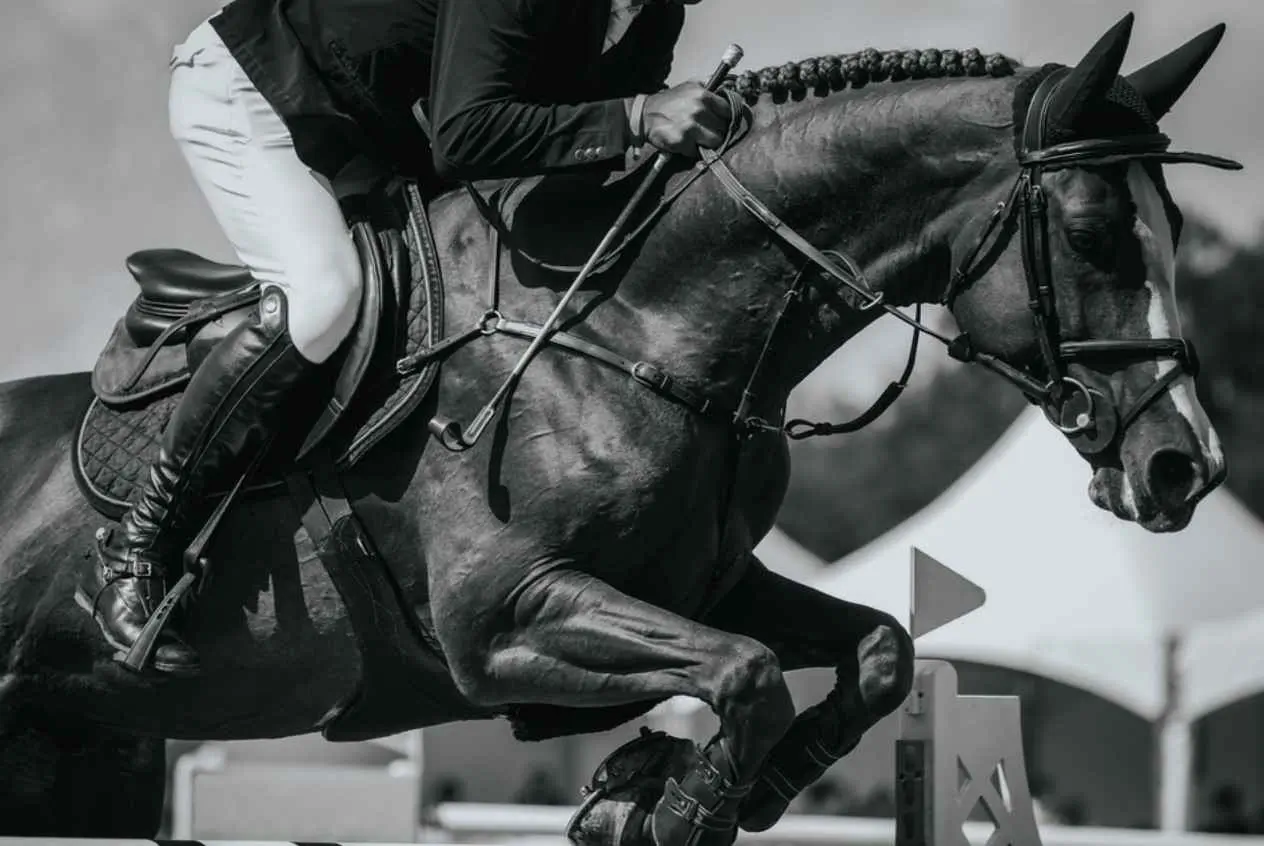Training a young horse can be challenging. We still remember the early days with one of our first colts. He was unsure of people, sensitive to every sound, and didn’t know how to respond to even the smallest request. Each session felt like starting from scratch.
But with time, patience, and a clear routine, he began to relax. He started to understand us, and we started to understand him.
That experience taught us a lot. Since then, we’ve worked with many young performance horses. Each one has been different, but they all needed the same things: consistency, calm leadership, and a training plan that fits their stage of growth.
If you are facing the same issues in training your performance horses, don’t worry, we are here to help you. We’re sharing ten useful tips from our training with young horses. These tips will give you a good foundation to build trust and progress with confidence.
Start with Groundwork
Before getting into the saddle, always begin with groundwork. This helps your young horse learn basic skills like stopping, turning, and backing up. It also builds trust and teaches the horse to pay attention to your cues.
Use a halter and lead rope in a calm, quiet space. Keep your energy low and your instructions clear. Repeat simple exercises until the horse responds softly and willingly.
Important Tip: Do not rush this stage. Groundwork is the base for all future training. Skipping it often leads to confusion, fear, or bad habits that are harder to fix later.
Focus on Short & Consistent Sessions
As we know, young minds and bodies are still developing. That’s why short and consistent sessions can be incredibly valuable. Long training times may lead to stress or confusion, while short sessions help the horse stay calm and focused.
Go for 15 to 20 minutes of work, three to five times a week. Focus on simple exercises that strengthen trust, balance, and listening skills.
Important Tip: Always end on a positive note. If your horse responds well, reward them and end the session. This helps create a willing attitude and builds consistent progress over time.
Keep Training Age-Appropriate
Every young horse grows at a different pace. It’s important to match your training plan to your horse’s physical and mental stage.
Pushing too hard, too early can lead to soreness, resistance, or long-term issues. Be patient and let your horse’s development guide your approach.
H3: What to Focus on by Age:
- At 2 years: Stick to groundwork, handling, and light longeing
- At 3 years: Start short, gentle rides and continue groundwork
- At 4–5 years: Build strength with regular under-saddle work
Important Tip: Watch your horse’s behavior and energy level. If they seem stiff, confused, or tired, take a step back and adjust your training.
Teach Simple Riding Aids First
Once your horse is comfortable under the saddle, begin with the basics. Young horses need time to understand what your legs, hands, and seat are asking.
Keep it simple and clear. Be gentle and repeat often. This builds a solid foundation for future work.
Focus on These Early Riding Aids:
- Leg pressure for moving forward or sideways
- Reins for turning and stopping
- Seat and posture to guide rhythm and direction
- Voice cues to support your body signals
Important Tip: Be consistent with every cue. Using different signals for the same action will only confuse your horse and slow down their learning.
Introduce New Environments
Young horses often feel unsure when they leave familiar spaces. Helping them get used to new environments early in training builds confidence and reduces fear.
Start small and make every new place a calm learning experience. Stay relaxed so your horse feels safe.
H3: Ideas for Gentle Exposure:
- Walk around the barn or nearby paddocks
- Ride in a different arena or open field
- Lead them past new objects like cones, poles, or tarps
- Take short trail rides with a calm companion horse
Important Tip: Don’t rush. Let your horse look, breathe, and think. Praise curiosity and avoid forcing them through scary situations.
Let the Qualified Trainer Handle Your Young Performance Horse
Training a young horse takes time, skill, and consistency. From groundwork to first rides and exposure to new environments, each step is important. With the right guidance, your young horse can grow into a confident and capable performance partner.
If you want your horse to get the best possible start, we invite you to consider working with our experienced team at McMullin Ranch.
We understand that every bloodline performance horse is different, and we take pride in creating customized training plans that build trust, athleticism, and long-term potential.
Call us to get help to turn your young horse into a well-prepared performer.
FAQs
What age should a young horse start training?
Begin groundwork by age 2. Light riding usually starts at 3, depending on physical development.
How often should I train a young horse?
Train 3 to 5 times a week. Mix riding with groundwork and exposure sessions.

